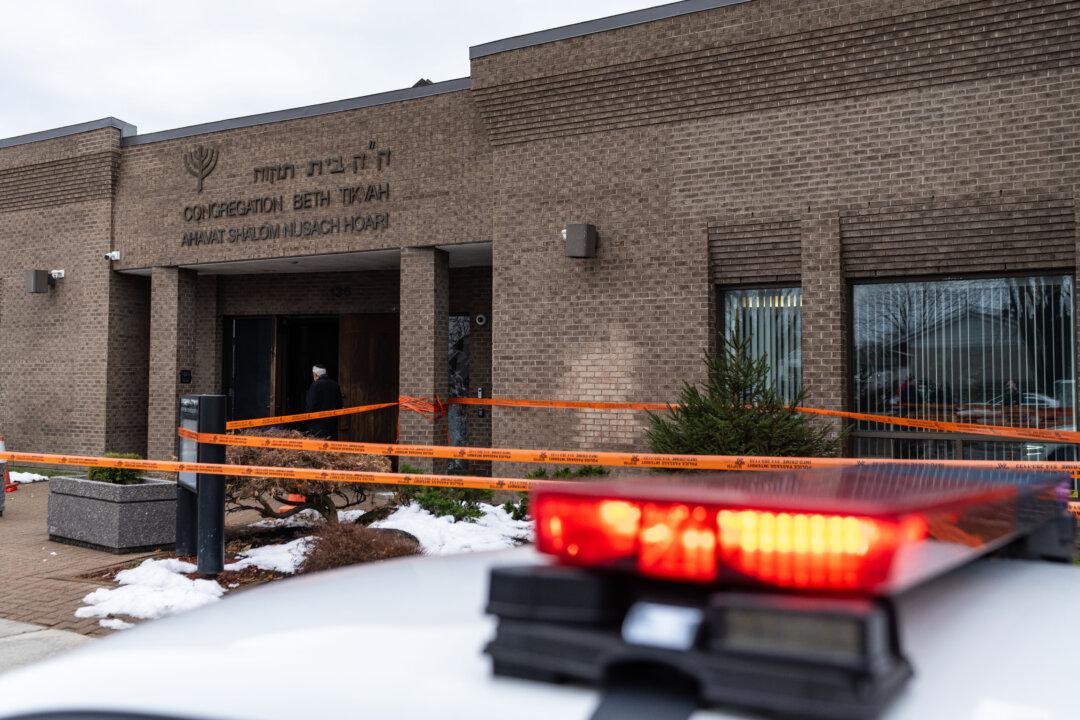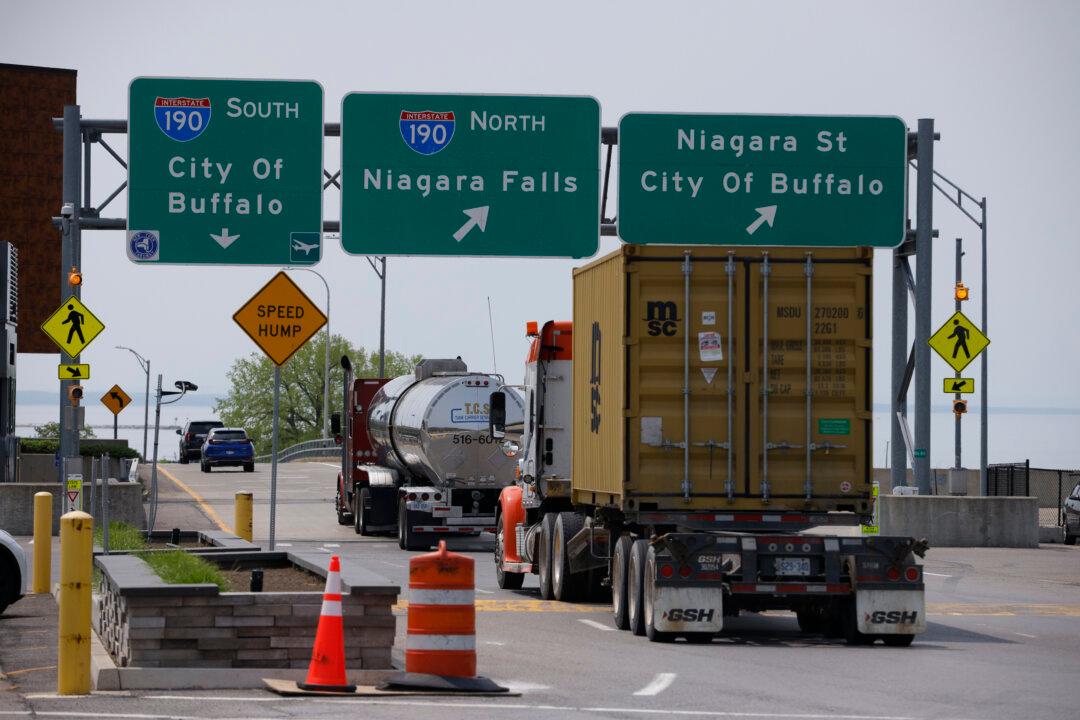Conservative MP Michael Chong says Canada’s lax laws have allowed the country to become a haven for money launderers and those evading sanctions for international crimes. He says a bill currently proposed by the federal government doesn’t go far enough to adequately address the issue.
The Liberals
introduced Bill C-42 in March, proposing the creation of a corporate beneficial ownership registry. The registry aims to increase transparency and make it easier to identify corporation owners involved in money laundering, financial crimes, and tax evasion.
But according to Mr. Chong, the current version of the bill contains critical loopholes that could leave approximately 90 percent of Canada’s corporations unchecked, potentially paving the way for money laundering and other illicit activities. The crux of the problem lies in the bill’s limited coverage of only businesses incorporated under the Canada Business Corporations Act, leaving a vast majority of Canadian companies outside the registry’s purview.
As of 2020, Corporations Canada
reported having records of approximately 460,000 businesses, representing just a fraction of the total business landscape. The number of businesses in the country, as recorded
by Statistics Canada in June 2022, was nearly 4.3 million, comprising 1.3 million employer businesses and almost 3 million non-employer businesses with annual revenues exceeding $30,000.
“The beneficial ownership registry in front of the House today would not plug the hole that has allowed this country to become such a haven and such a destination country for sanctions evasion for the proceeds of crime, for the proceeds of terrorism, and for money laundering,” Mr. Chong wrote in
a Twitter post on July 18, reiterating his
argument made in the House of Commons on June 19.
Mr. Chong pointed out that while the government claims to be working with provinces to encourage the creation of beneficial ownership registries, Alberta has shown no progress in this direction. Moreover, the registries established by other provinces have significant loopholes, especially concerning the inclusion of real estate assets—a major avenue for money laundering, as identified by the
Cullen Commission that was in charge of an expansive inquiry into money-laundering in British Columbia.
“It is clear that we have a problem with money laundering and that, by consequence, we also have a problem with becoming a destination for the proceeds of sanctions evasion and a destination for the proceeds of international criminal activity,” he said.
Instead of the current approach, Mr. Chong called on the government to utilize its broad powers to create a national beneficial ownership registry that covers all corporations, regardless of their incorporation under federal or provincial statutes.
Additionally, he emphasized the need to include all trusts and beneficial owners of real estate to effectively address money laundering and related illicit activities.
In
a 2019 report, the U.S. State Department designated Canada as a “major money laundering country.” In another report, published in March 2022, titled “
International Narcotics Control Strategy Report,” the U.S. State Department said an estimated “$36 billion to $91 billion is laundered annually in Canada.”





